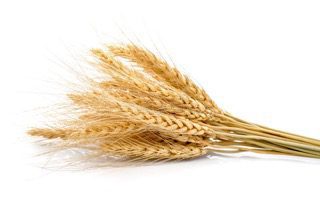

Barley, also known as Hordeum vulgare, can be a nutritious addition to your furry friend’s diet. It is a cereal grain that is widely used in human and animal foods. Barley is believed to have originated in Ethiopia in 5000 BC and is now grown in many countries worldwide. Barley is high in fiber and low in cholesterol, which supports healthy digestion in dogs. However, it should only be served in small amounts and not make up the majority of a dog’s diet, as excessive consumption can lead to weight gain and obesity.
Barley’s high fiber content promotes healthy digestion in dogs.
Excessive consumption of barley can lead to weight gain and obesity in dogs. Additionally, dogs with gluten intolerance should avoid barley.
Barley should be cooked without seasoning and served in small amounts occasionally. It should not make up the majority of a dog’s diet, as the majority of their diet should consist of quality meat-based protein.
Barley can be a healthy addition to a dog's diet due to its high fiber content and low cholesterol levels. However, it should be served in moderation as it is also high in carbohydrates, which can lead to weight gain and obesity. It is essential to note that dogs with gluten intolerance should avoid barley. Barley is readily available and affordable in most grocery stores. To serve, cook it without seasoning and mix a small amount into your dog's regular meal. If your dog has never tried barley before, start with a small amount and gradually increase the serving size. Alternatively, quinoa and amaranth are two alternative grains that provide similar nutritional benefits for dogs. Have you ever fed your dog barley? How did they like it? Remember to always consult with your veterinarian before making any significant changes to your pet's diet.